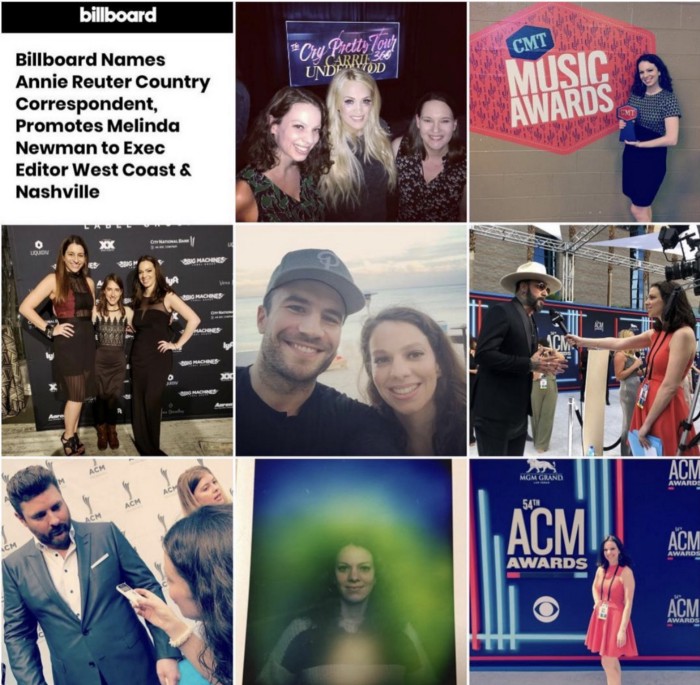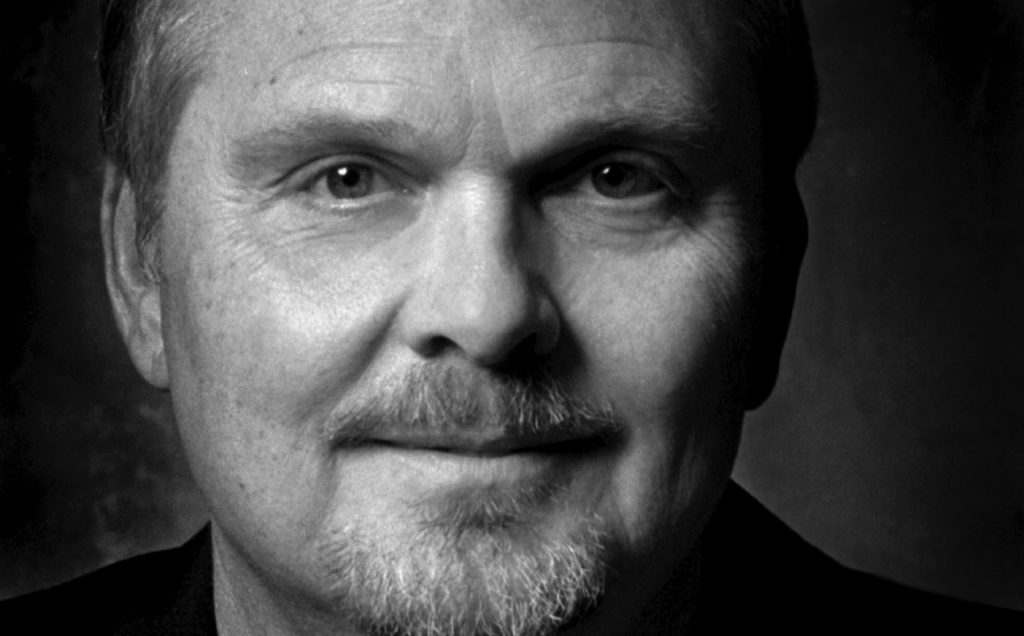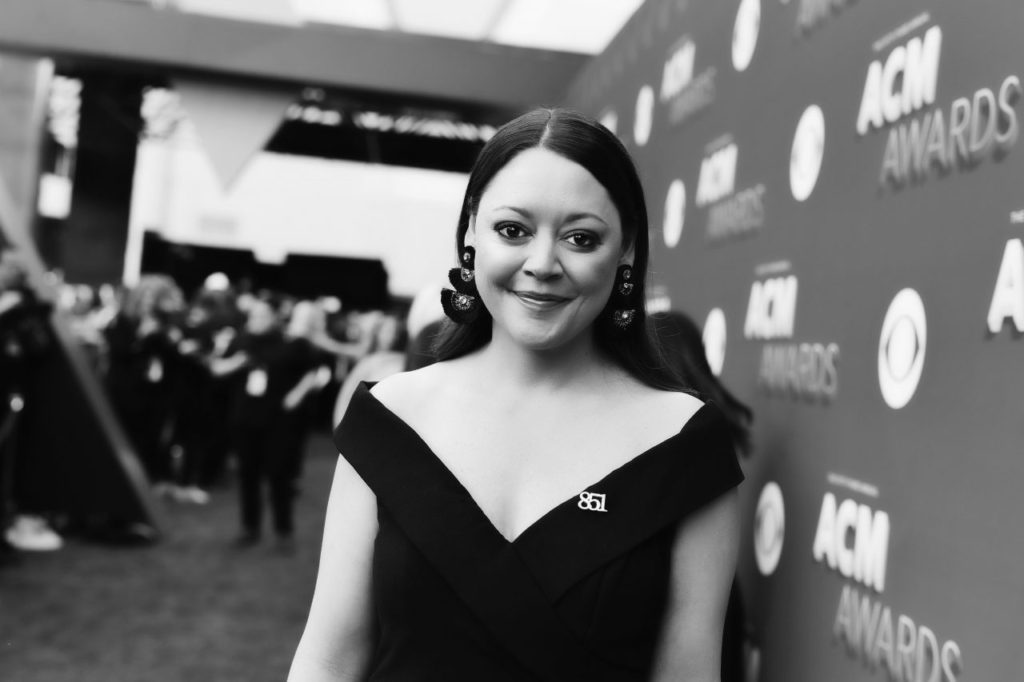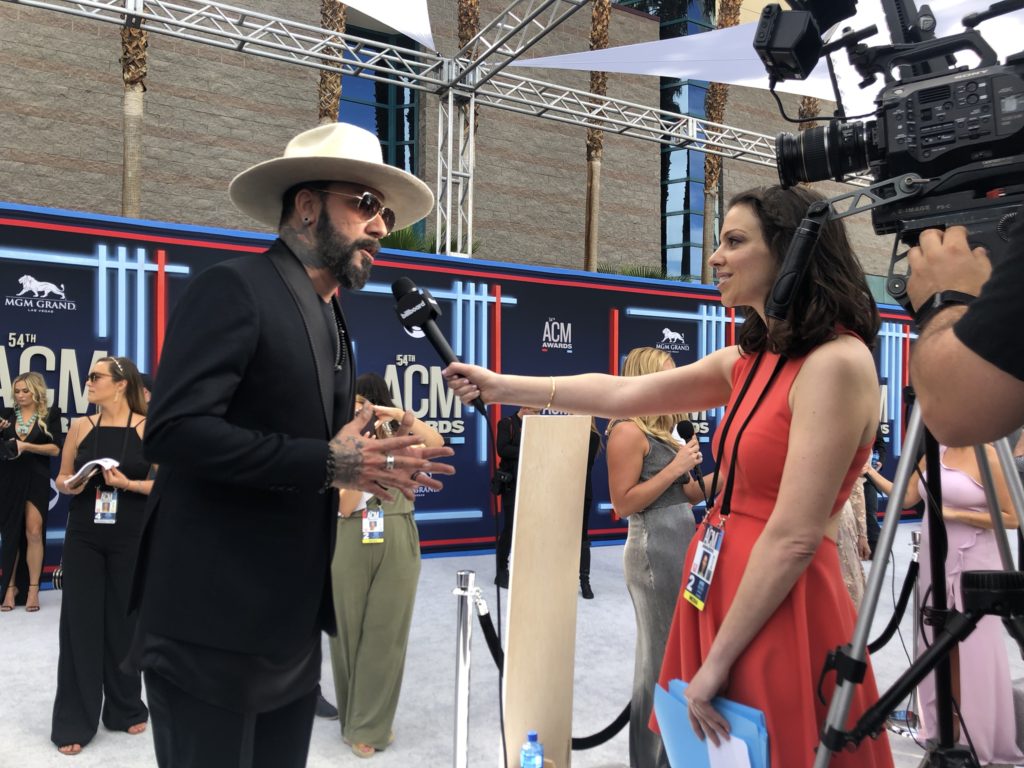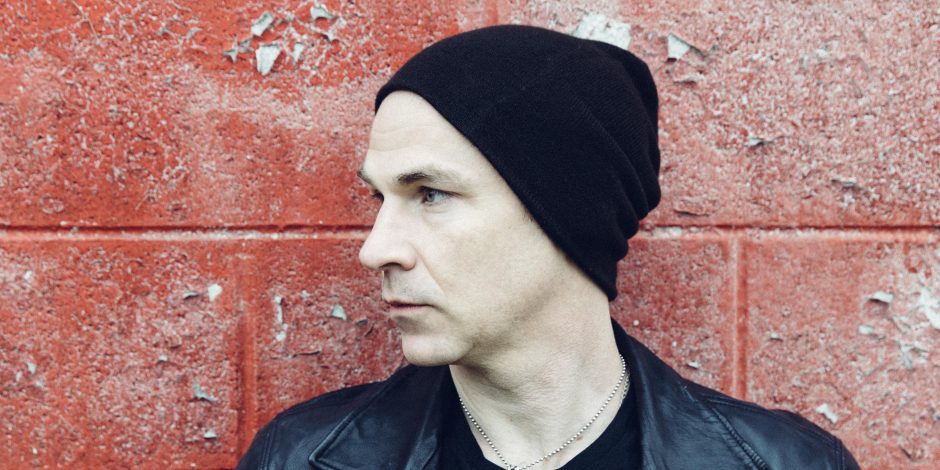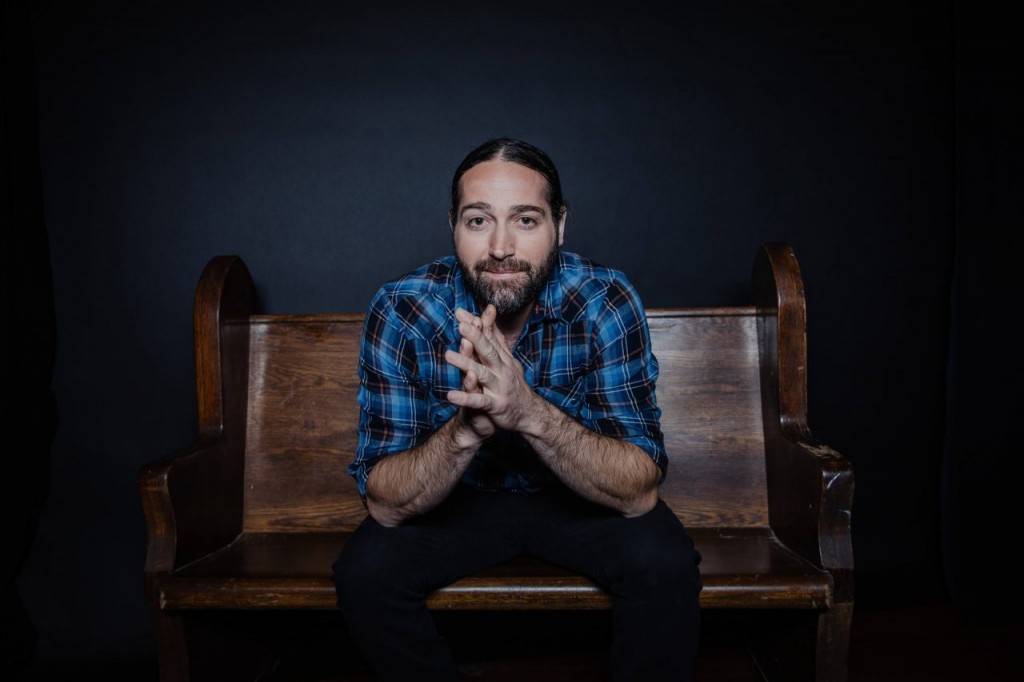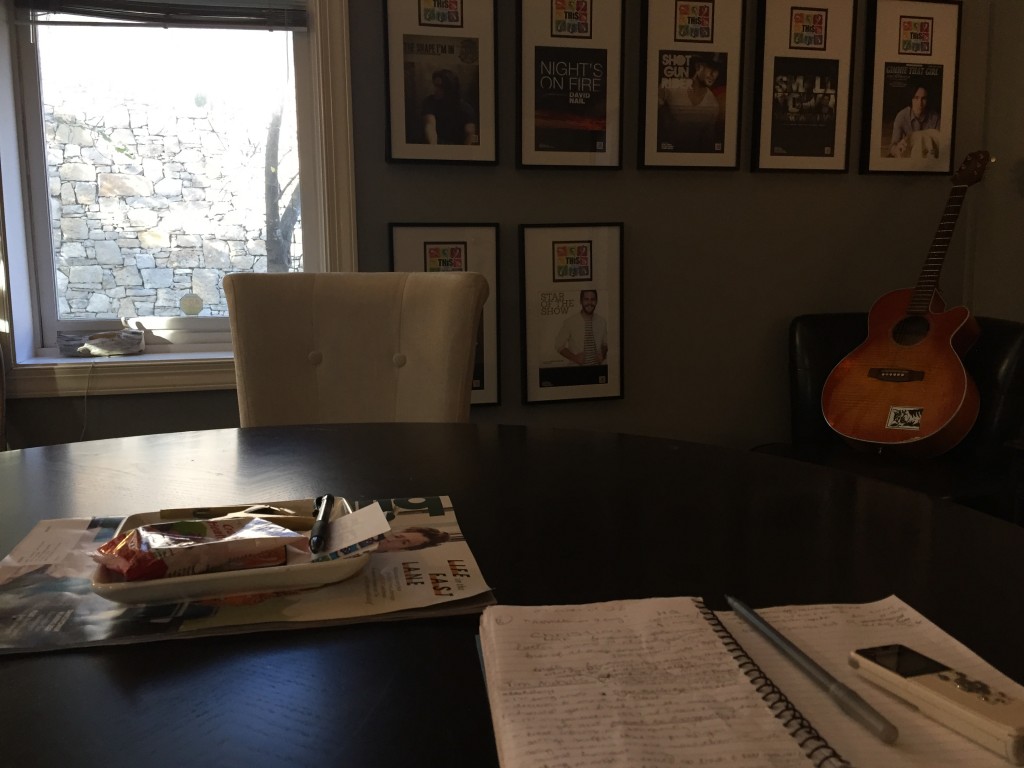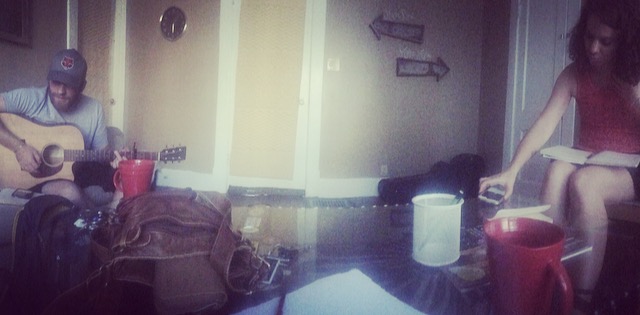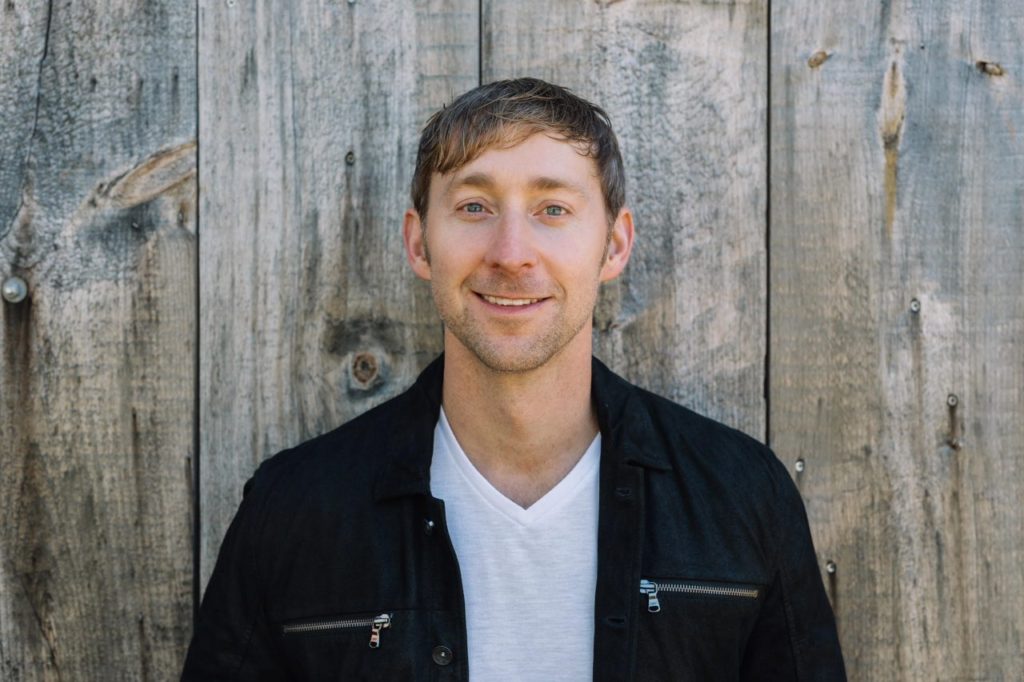
Editor’s Note: After interviewing Ashley Gorley, he celebrated his 51st No. 1 single.
Ashley Gorley has accomplished a feat no other songwriter has achieved. In August, he became the only songwriter in any genre to earn 50 No. 1 songs in the history of the Mediabase and Billboard Country Airplay charts.
Over the span of 14 years, Gorley saw success with acts like Carrie Underwood, Luke Bryan, Thomas Rhett and Cole Swindell. His 50 chart toppers were recorded by 30 different country artists, something the reigning seven-time ASCAP Songwriter of the Year is especially proud of. He says the variety of acts he’s written with and the constant challenge of penning new music keeps him inspired as a creative.
“It’s a blessing. It reminds me that hopefully I know what I’m doing and it gives me confidence to keep going,” Gorley tells me of the accomplishment. “That was never a number I set out to get … I still feel like I haven’t arrived and I think that’s the key: knowing that I’m not there yet and never will be. That’s what keeps me grinding.”
Gorley knew he wanted to work in the music business as a child growing up in Kentucky. It took some time before he fell into songwriting though. He says his early love of music was inspired by watching MTV countdowns and DJing during high school and various parties. He always aimed to make a playlist that would make everyone in the room happy. Obsessed with the radio, R&B, and country and pop countdown shows, Gorley says he was fascinated by hearing a song and wondered why people were reacting to it. His early song creations included DJing and trying to blend songs together while making up new music underneath each track.
“My first form of writing was blending and rearranging and then DJing and loving music in that way,” he says. “I got some terrible gear: drum machines, samplers and keyboards and things like that and just figured that out. Then I got a guitar. The first year I moved to Nashville I went and bought one. Some guy taught me [how to play guitar] at a college party.”
Enamored by music, he attended Nashville’s Belmont University and was enthralled with publishing. Fittingly, his favorite classes were publishing and copyright. During his time as a student, Gorley interned for five different companies where he fell in love with the publishing side of the music business. The songwriter recalls internships where he was tasked with spending time in the tape room listening to demos and typing out the lyrics to each song.
“I got to hear all the demos that came in. I got to watch them over the course of a year to see which ones actually got pitched, which ones were liked, which ones were held by artists and producers, and which ones were recorded and put out,” he says. During the process, he saw several hits happen. Mentors at the time included the late Jeff Carlton during Gorley’s internship at Hamstein Music.
In his early songwriting years, Gorley remembers writing two or three songs a day. He traveled to Los Angeles after transitioning into becoming more interested in production in college. After hearing the finished tracks the producers made there, he decided to focus more on lyric and melody instead of production because those were his strengths and he could provide the topline easily regardless of genre. He’d spend his days in class, working and interning, and at night he’d beg the publishing company he interned at to allow him to write after hours in the building.
“I would do co-writes at night, get home at midnight and do it all over again,” he says. “I got a lot of practice writing a lot of terrible songs. I got so excited about those sessions, demoed hundreds, probably a thousand songs, and fell in love with that process. I wrote professionally for seven years before I had a top 40 hit.”
Gorley graduated in 1999 and credits his songwriting mentors for taking him under their wings. Revered tunesmiths like Kelley Lovelace, Chris DuBois and David Lee Murphy guided the young writer and taught him the importance of rewriting and not to settle. He took all the tips he learned from each and success slowly started to happen for him. In 2006, he had his first No. 1 with Carrie Underwood’s single “Don’t Forget to Remember Me.” Gorley penned the song with Lovelace and Morgane Stapleton.
“I watched American Idol in real time. I’m a big fan of that show. I loved the first two or three seasons and remember watching her and thinking, ‘I’ve gotta get a song with this girl. She’s amazing!’ And then we did it,” he says. “So then it was just like, ‘Okay, this can actually happen.’ I’ve never met her and she still recorded a song of mine … The lyric was very true and honest. A lot of those things happened to me when I was leaving for school and happened for Morgane and they connected with Carrie.”
Gorley says the success of “Don’t Forget to Remember Me” was his first realization that other people feel the way he does and that inspired him to keep writing. Between 2007-2008 he had three singles on the chart at the same time with Trace Adkins’ “You’re Gonna Miss This,” Brad Paisley and Keith Urban’s duet “Start a Band” and Darius Rucker’s “It Won’t Be Like This For Long.”
For more of my interview with Gorley, visit Sounds Like Nashville.
